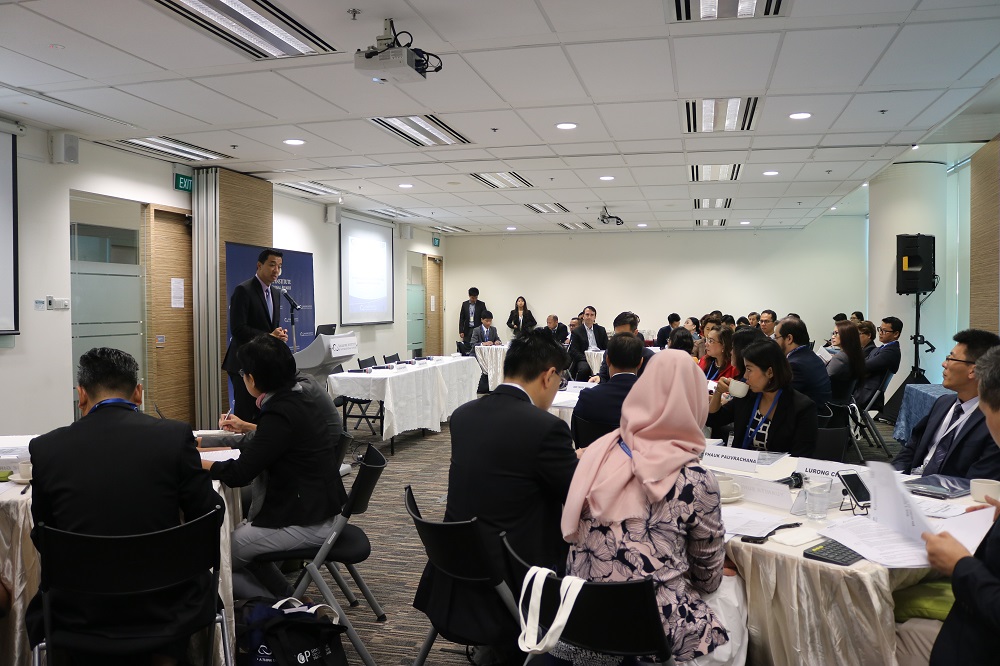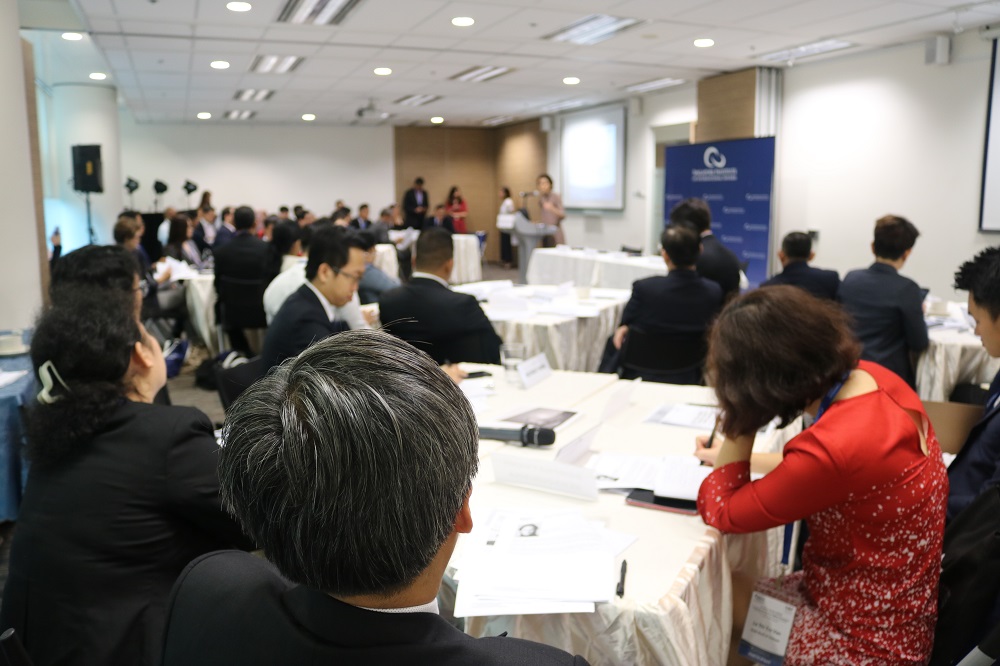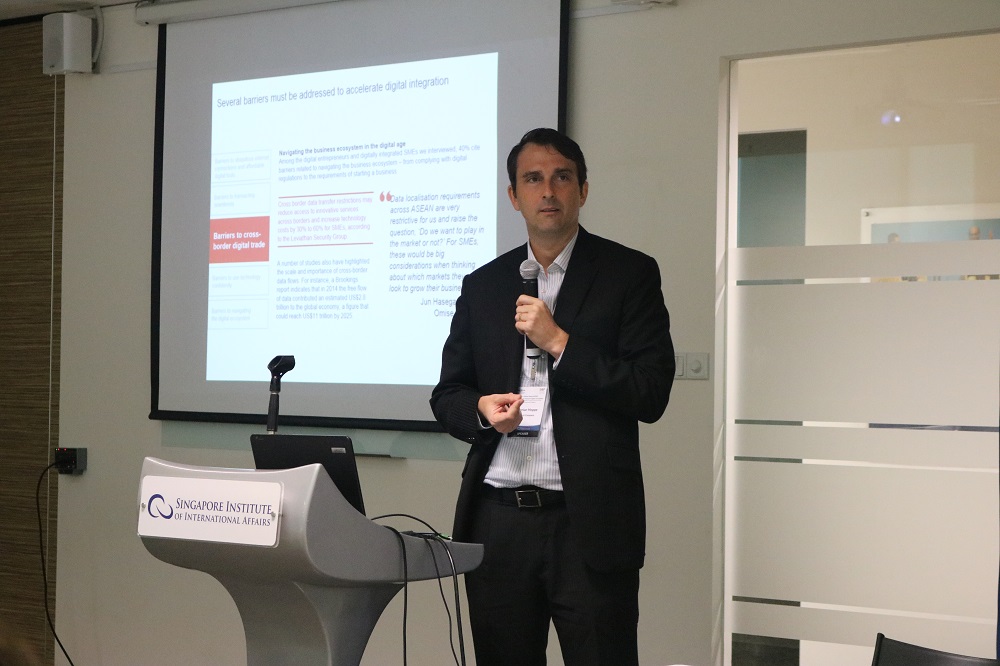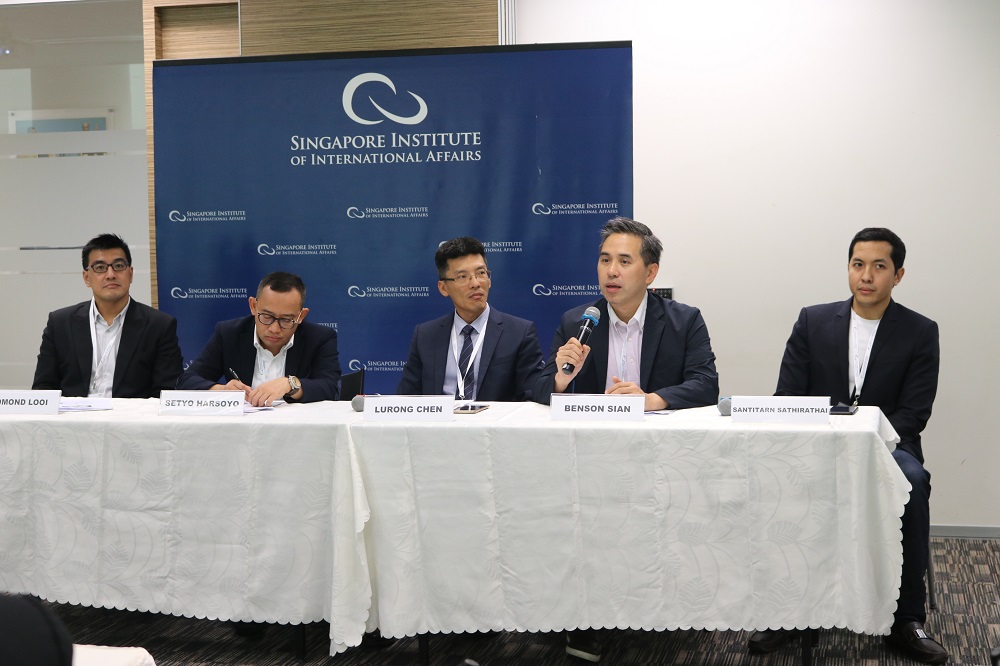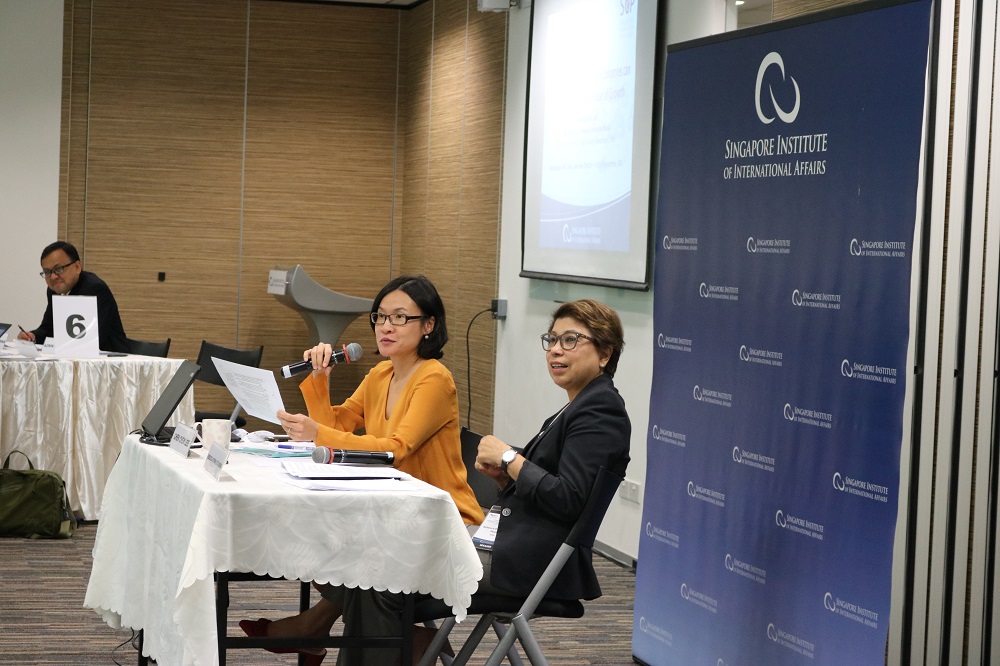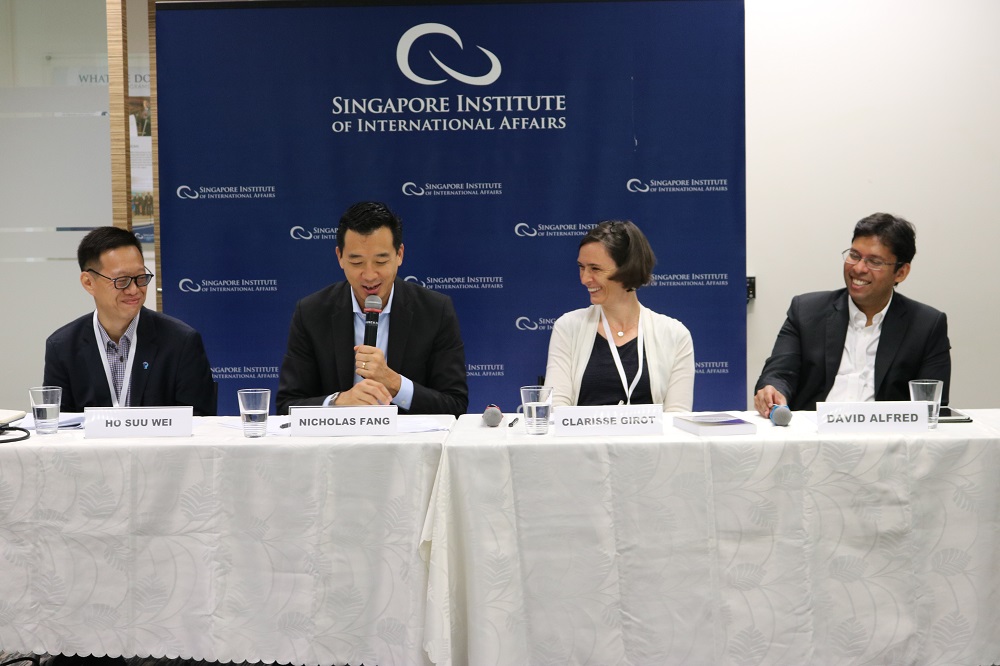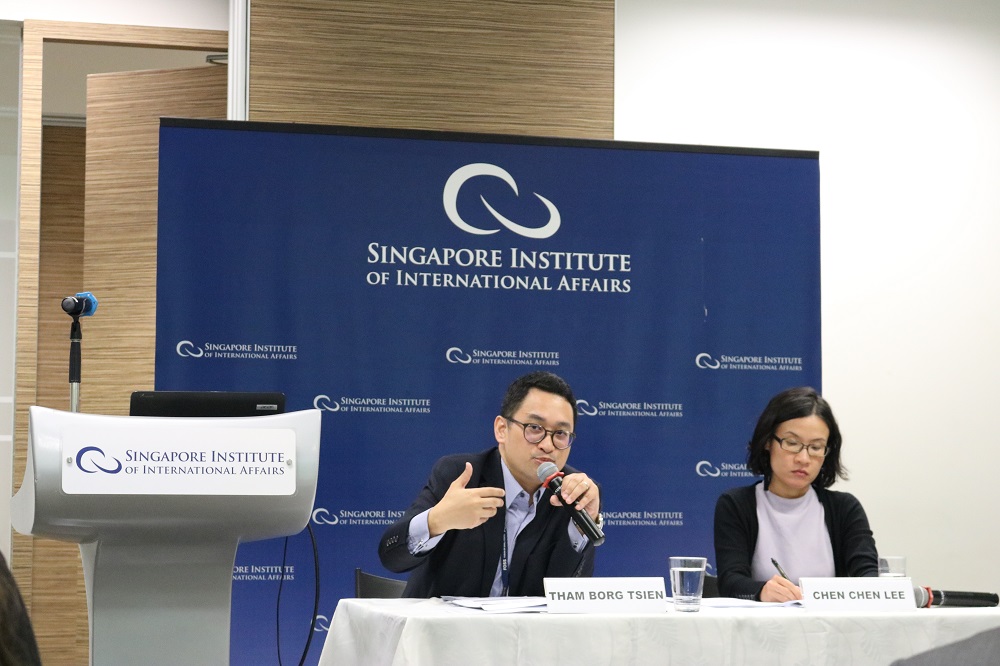With a rising middle class and a rapidly growing population of internet users, ASEAN states are poised to reap the windfalls of the coming digital age. To explore the opportunities and challenges of the digital economy for the region, the SIIA hosted a two-day workshop, “A Future Ready ASEAN: Creating an Inclusive Digital Ecosystem”, in partnership with Google, and the Singapore Cooperation Programme (SCP) of the Ministry of Foreign Affairs. The closed-door event brought together senior government officials from all ASEAN states who work in trade, finance and ICT agencies. They were joined in their discussion by private sector leaders, small business owners, and researchers.
ASEAN’s Commitment to Developing its Digital Ecosystem
Ms. Karen Yeo, Senior Assistant Director of the Ministry of Trade and Industry, noted that ASEAN is working hard to build digital connectivity across the region. The ASEAN Coordinating Committee on E-Commerce, which Ms. Yeo chairs this year, is ASEAN’s first committee dedicated to e-commerce and digital issues. Its landmark achievement of 2018 was finalising the ASEAN Agreement on E-Commerce, which aims to facilitate and build trust in e-commerce transactions. The agreement signals the political will of ASEAN states to develop the digital ecosystem, and Thailand will prioritise its implementation in its 2019 ASEAN chairmanship.
MSMEs a Key Driver for Inclusive Growth
Another significant framework endorsed by ASEAN this year is the ASEAN Digital Integration Framework, which identifies the benefits and challenges of integrating MSMEs (micro-, small-, and medium-sized enterprises) into the digital economy. Accounting for over 90% of enterprises across ASEAN states, MSMEs form the backbone of ASEAN’s economy. According to Bain’s report, “Advancing ASEAN Towards Digital Integration”, integrating MSMEs into the digital economy will lead to an increase of US$1 trillion in GDP across all ASEAN member states by 2025.
However, MSMEs may lack the requisite capital and knowhow to adopt digital tools and enter global value chains. “(MSMEs) are frankly the ones that are not automatically upgrading”, said Mr. Florian Hoppe, Partner of Bain & Company. “But they’re also a key driver to making this digital transformation of the economy an inclusive one”.
Larger tech companies play a role in ensuring that the digital economy brings about inclusive growth. Sea, an internet platform, has collaborated with government agencies across ASEAN to conduct e-commerce workshops for MSMEs. Mr. Santitarn Sathirathai, Group Chief Economist of Sea, said that these workshops tend to attract female users and sellers who live outside capital cities. “There are opportunities to pursue inclusiveness and growth at the same time, because it’s not quite a trade-off anymore”, he observed.
A Whole-of-Government Approach to Developing the Digital Economy
If the digital economy were understood on its potential to transform businesses and communities through technology, then it cuts across virtually all sectors and industries, and hence requires cross-ministerial oversight. The workshop’s participants raised the importance of a whole-of-government approach to regulating the digital economy, and dismantling the barriers to its growth. For instance, data privacy is a conversation that involves individuals, businesses and government. Creating data privacy laws thus involves ministries of of justice, trade, and ICT.
Tan Sri Datuk Dr. Rebecca Fatima, Senior Policy Fellow of ERIA pointed out that without the national efforts of its member states, then ASEAN cannot do much for the digital economy, on a regional level. The biggest challenge for the bloc, then, is rallying its member states and various committees to make a unified effort in developing the digital economy.
ASEAN Going in the Right Direction towards Industry 4.0
“The overall consensus is that ASEAN is going in the right direction, when it comes to laying the foundation for the digital economy to develop”, said Ms. Chen Chen Lee, Director of Policy Programmes in SIIA. Should each ASEAN state push on with its national digitisation efforts – such as building digital infrastructure, or ensuring the interoperability of e-payment services – then action can be taken at a regional level to create a free and open digital ecosystem across South-east Asia. The delegates, representing their respective ASEAN state, expressed eagerness in continuing the conversation on the digital economy into the long term, well past Singapore’s ASEAN chairmanship of 2018.
